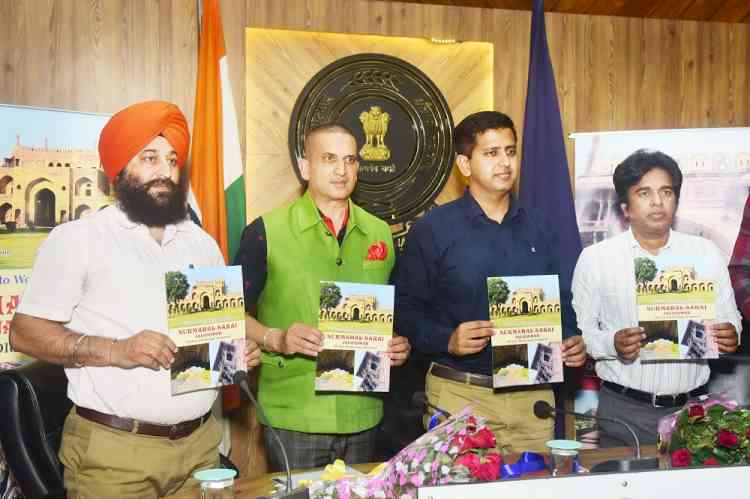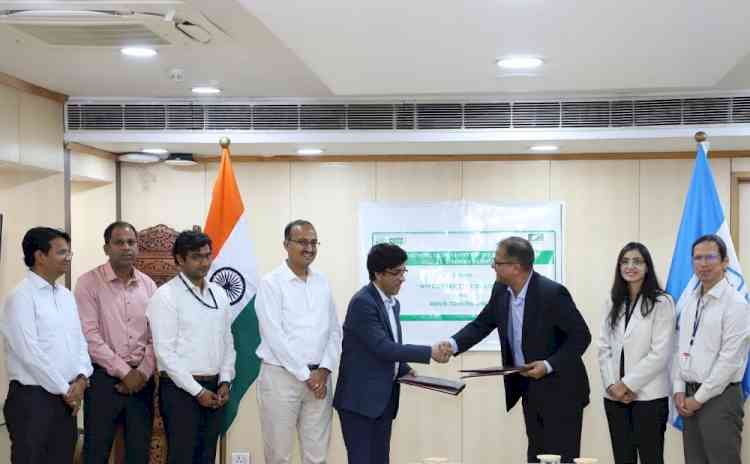Draft E-commerce Policy for Export Promotion is the most timely initiative but requires many improvements: FIEO

Ludhiana, February 25, 2019: Responding to draft National E-Commerce Policy detailing, amongst other, export promotion through E-Commerce, Mr Ganesh Kumar Gupta, President, FIEO said that this is the most timely initiative as E-commerce is a thriving market and is a rapidly booming business around the globe. The need to promote cross-border e-commerce is, therefore, most logical, considering the increasing digitization and IT access for e-commerce across the globe and increasing penetration of IT & ITES in the country. Such policy will provide Indian MSMEs global opportunity, help them in diversification of exports and ease their liquidity through expeditious payment observed, FIEO Chief. Such policy will attract new entrepreneurs particularly women and artisans in exports.
FIEO appreciated the strategy to promote e-commerce not only through incentivising exports but also by reducing compliances and cost particularly for MSME.
FIEO President said that DGFT has already waived the fee for MEIS for e-commerce exports and extended it to all courier terminals through which such exports can take place and draft policy should take note of the same.
However, the draft policy should address the following issues:
i. There is need to bring uniform definition of “e-commerce” amongst various acts and policies in India as the word is defined differently under the various acts and policies of the Government.
ii. The list of products to be allowed for MEIS benefit through e-commerce only cover handicraft, handloom, books & periodicals, leather footwear, toys and customised fashion garments, which requires immediate expansion as many MSME units exporting auto-components, jewellery etc. are deprived of MEIS.
iii. Moreover, the benefit of MEIS is only confined to e-commerce shipment through foreign post offices at New Delhi, Mumbai and Chennai. The list of foreign post offices should be expanded and must cover such post offices near the export clusters.
iv. The limitation of Rs 25,000 for e-commerce exports/imports through courier, as identified by the draft policy, should be either removed or enhanced to Rs 5,00,000 so that high value shipments can be exported through courier mode availing fast track facility.
v. It is ironical that e-commerce retail exports, which has taken birth because of digitalization, is still in the manual mode in the country and the need of the hour is that the entire e-commerce transaction move to a single online electronic module.
FIEO identified that the key challenges for the MSMEs to increase their cross border trade footprint include – low and irregular supply of products that have high international demand and inadequate details of buyer and market-related information of the global market. The non-existent direct market links between MSMEs at the cluster-level and overseas consumers results in a weaker integration of the Indian MSMEs at the lower tier levels both in regional and global value chains.

 cityairnews
cityairnews 
















